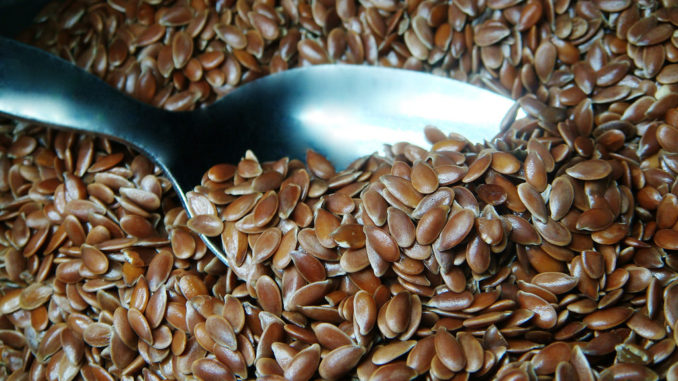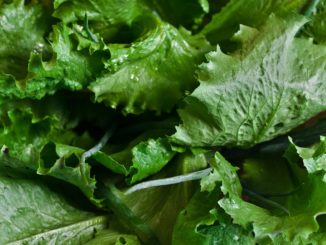
Flaxseed oil may sound like just the next health and nutrition buzzword, but it is a food that deserves all the buzz it gets.
What Are Flaxseeds?
Flaxseeds and flaxseed oil come from an annual plant that has been cultivated for several thousands of years for both nutritional and textile fibre purposes.
Flaxseeds, as well as supplements such as flaxseed oil, were consumed by a number of people in ancient times and have most recently resurfaced with great popularity among people toward the end of the twentieth century.
Many people consider flaxseeds and flaxseed oil to be full of flavour and good for you. Flaxseeds and flaxseed oil can be found in the majority of health food stores as well as in several grocery stores.
The Flaxseed Plant
The flax plant, as mentioned earlier, is an annual plant. It grows from fifty to one hundred centimetres tall. The plant features a green stalk that seems to dead end into purple and blue flowers. The stalk of the plant is beaten to loosen up the flax fibre, which is often woven or spun.
The flax fibre is durable, strong and easily woven into fine fabrics. Flaxseeds come from the flowers on the plant. Flaxseeds are available whole, ground into meal for baking, or pressed into flaxseed oil.
Like several other fats, flaxseed oil is rather fragile. Flaxseed oil is typically in the refrigerated section of the store and must either be used quickly or refrigerated once you take it home. Even though flaxseed oil is not any good for cooking, you can still use it as a salad dressing or sprinkle flaxseed oil right on your food.
Flaxseeds can be toasted and added to baked goods or salads, eaten directly or added to a host of other culinary treats. Both flaxseeds and flaxseed oil have a rich, nutty taste that most people seem to enjoy.
What Are The Health Benefits From Taking Flaxseed?
Flaxseeds have a great amount of nutritious polyunsaturated oil. The flaxseed oil is high in both Omega 6 and Omega 3 fatty acids, which work to effectively reduce the risk of cancer and heart disease. Flaxseeds also contain fatty acids that help to raise HDL cholesterol, which is often referred to as the good cholesterol. In addition, these fatty acids also work to lower high blood pressure.
The Omega 6 fatty acids that are contained in flaxseeds are called linoleic acid, which is extremely important for overall health and well being. In addition, flaxseeds and flaxseed oil are a good source of dietary fibre, which helps to promote a healthy digestive system.
Vegetarians find flaxseeds and flaxseed oil to be a fantastic dietary supplement. Flaxseeds are a plant-based source for omega fatty acids. They also contain many other nutrients that are essential to a healthy diet, such as folate, magnesium and Vitamin B6. In addition, flaxseeds also have a small amount of protein, which is ideal in a vegetarian diet. Even if you are not a vegetarian, you can still benefit from eating flaxseeds as a highly nutritional health supplement.
Flaxseed and Flaxseed Oil Supplements
The benefits of flaxseed supplements, such as flaxseed oil, range from healthy skin to a healthy heart. Flaxseed supplements in powder and oil form are a great way to get the essential omega fatty acids that may be missing from your regular diet. Flaxseed supplement capsules and ground flaxseed have several healthy benefits, including healthy skin, nails and hair.
In addition, flaxseed supplements are also helpful in easing PMS and menopause symptoms. Flaxseed supplements are usually available in powder and soft liquigel form.



Be the first to comment